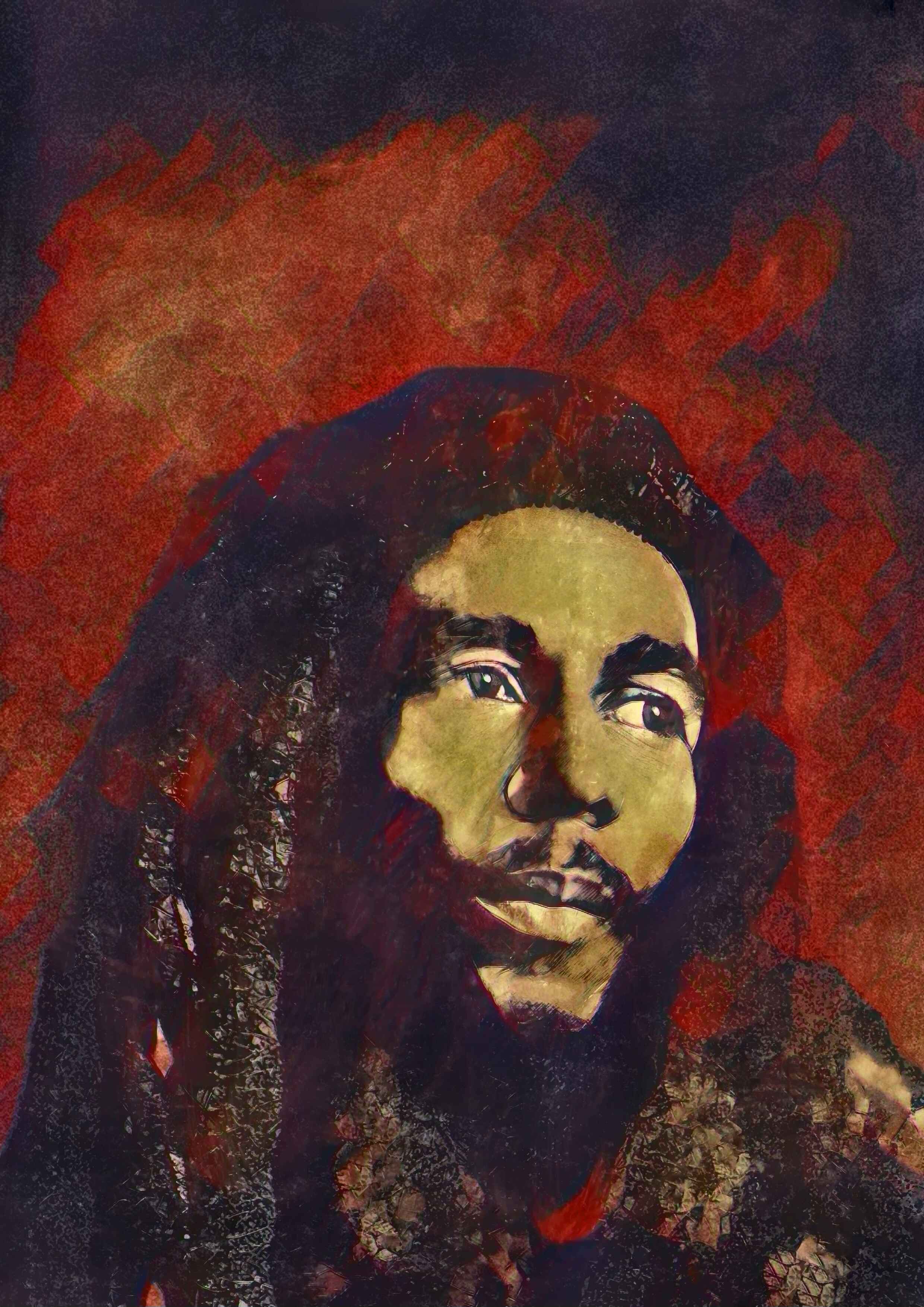2025 - Imagine Bob Marley would be celebrating his 80th birthday this year! A milestone that would see him strumming his guitar, radiating the same boundless energy and soulful messages that still inspire millions. While we can only imagine the power of his true life presence today, we need not wonder about his lasting impact - it pulses through speakers globally, ignites movements for justice, and stirs souls across generations with the same urgency as when he first sang 'One Love'.
Bob Marley is a cultural and political phenomenon whose music transcends generations, borders, and struggles. Through his music, Marley not only inspired political and social movements but also left an enduring spiritual mark on Black communities in particular, providing a voice for the marginalised and becoming a symbol of hope and resilience.
Bob Marley’s music was never just about entertainment; it was a powerful vehicle for social and political activism. Marley was a frequent visitor to Britain but the Britain Marley first entered was a place of contradiction; a nation in turmoil, a people in search of meaning. On one hand, reggae music was rising in popularity, pirate radio stations were filling the airwaves with sounds from the Caribbean, and “West Indian” culture was becoming embedded in British life. On the other hand, racism was deeply institutionalised, with police brutality, discrimination, and the rise of the far-right National Front.
British-born Black youths needed an anchor; caught between the traditions of their Caribbean parents and the realities of an unwelcoming Britain. Marley became that anchor. His lyrics addressed themes of colonialism, systemic oppression, spiritual awakening, and affirmation of identity. It validated their struggles, while offering a message of empowerment and resilience to all working class people. Songs like ‘Get Up, Stand Up’ and ‘War’ became anthems in a world where racism was still deeply entrenched in both institutions and public life. Marley’s music helped to bridge the spiritual and cultural gap between Black Britons and their African roots. Many who had grown up with Europeanised Christianity found a new sense of belonging in Rastafarian philosophy, which emphasised African pride and self-liberation. Beyond music, Marley inspired a generation of Black British activists and cultural leaders, giving weight to anti-racist campaigns led by organisations like the Black Liberation Front and the Brixton Defence Campaign.
His presence in Britain also helped to solidify reggae as a political genre, paving the way for Linton Kwesi Johnson, Aswad, and Steel Pulse, all of whom used reggae to speak on racial injustice in Britain. His Influence on other musicians is immeasurable. His music was a rallying cry!
Marley’s concerts were spiritual and political gatherings, where audiences found solidarity and purpose. His influence could be seen in the Rock Against Racism movement, where reggae and punk artists came together to fight against far-right groups that targeted Black communities.
Bob Marley was a deeply spiritual man, and his faith was woven into his music. For Black Britons, especially those who grew up in Christian Caribbean households, Marley’s fusion of reggae with Rastafarian beliefs was transformative. His songs spoke of redemption, faith, and struggle, mirroring the challenges faced by Black communities in Britain.
By the time of his death in 1981, Marley had become a revered figure in Britain, Jamaica and around the world. There is no denying that his early death catapulted him to global legendary status. His transcending appeal made him one of the most beloved artists of the 20th century.
Throughout the Jamaica Love production, Bob Marley's prophetic voice provides the heartbeat - mapping the rich, complex relationship between Britain and Jamaica while reminding us that his revolution of love and resistance was never meant to be contained by time, borders, or even death.
Reshma Eyafé


.jpg)
